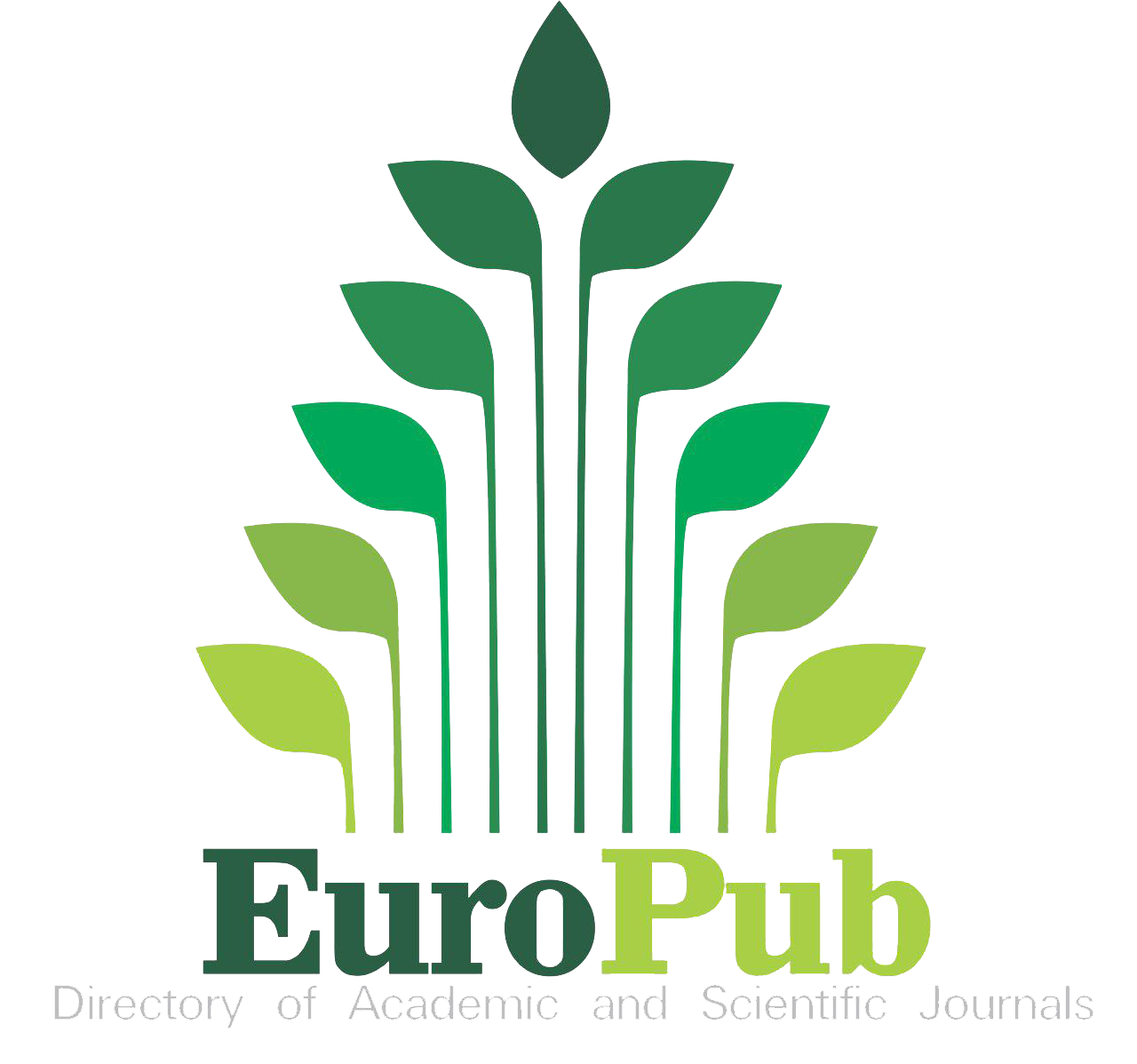Integration of legal pluralism and safeguarding of the rights of nature in Ecuadorian indigenous communities.
Abstract
This paper is focused on examining the interrelationship between legal pluralism and the rights of nature in Ecuador, applying a mixed methodology that combined qualitative and quantitative approaches to provide a comprehensive view of the topic. It highl ights how the 2008 Constitution institutionalizes legal pluralism, allowing the coexistence of state and indigenous legal systems. This reinforces the autonomy of indigenous communities in the management of their territories and natural resources. The reco gnition of nature as a subject of rights represents a shift towards a biocentric approach, granting ecosystems the right to exist and regenerate. However, implementation faces serious challenges, such as lack of resources and resistance from economic actor s. Emblematic cases reflect the advances and difficulties in the defense of indigenous and environmental rights, including favorable rulings by the Inter American Court.


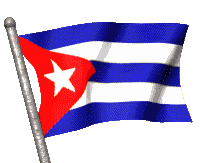









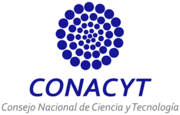
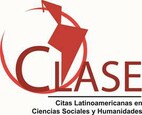



















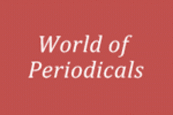
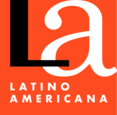

1.png)







1.png)





